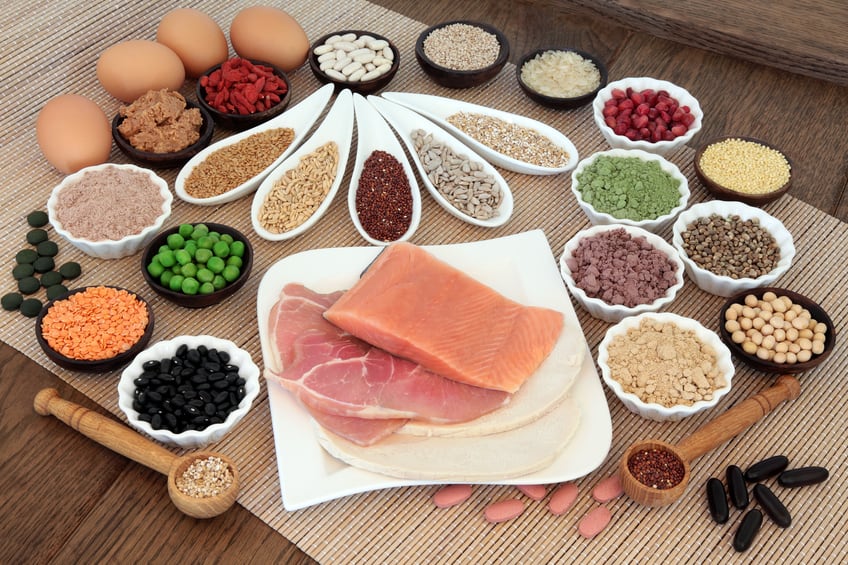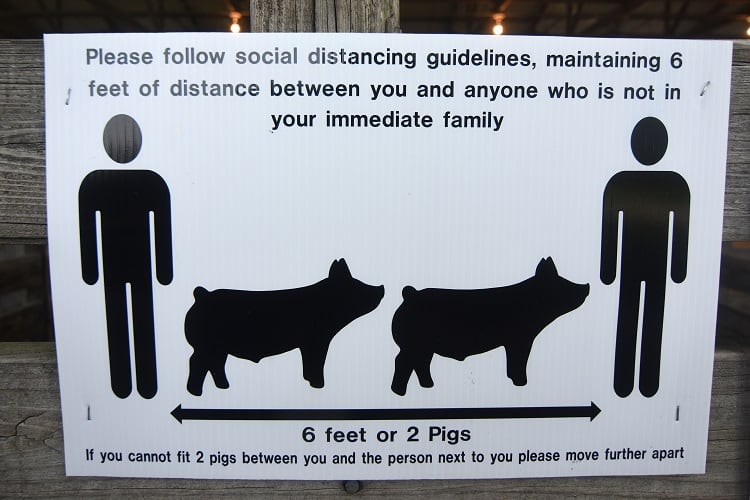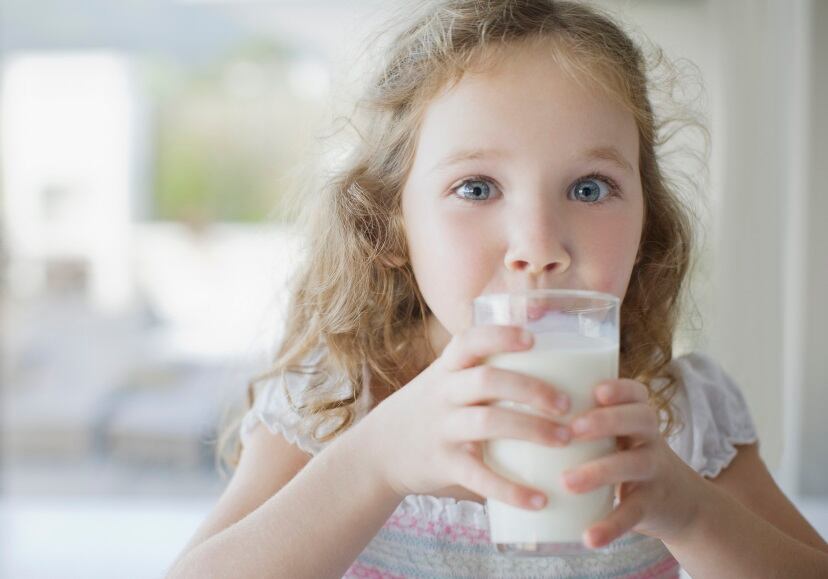The food we eat today is unsustainable for two reasons. The food production system causes unacceptable environmental impacts, depleting non-renewable resources. At the same time, the dietary choices we make also fail to deliver adequate health outcomes.
With two-thirds of people in the UK overweight or obese, the NHS puts the cost of treating related health issues, including type 2 diabetes, at more than £6bn a year. One in six patients in hospital now has diabetes, the health care agency revealed.
The issue has been further highlighted during by the coronavirus pandemic, with obese patients facing a higher risk of mortality if they contract the disease. “COVID-19 has brought into sharp focus the interplay between disease and pre-existing dietary issues… People living with obesity who catch the virus are twice as likely to be hospitalised,” British Nutrition Foundation (BNF) Director General Professor Judy Buttriss told attendees at a recent online conference organised by the association.
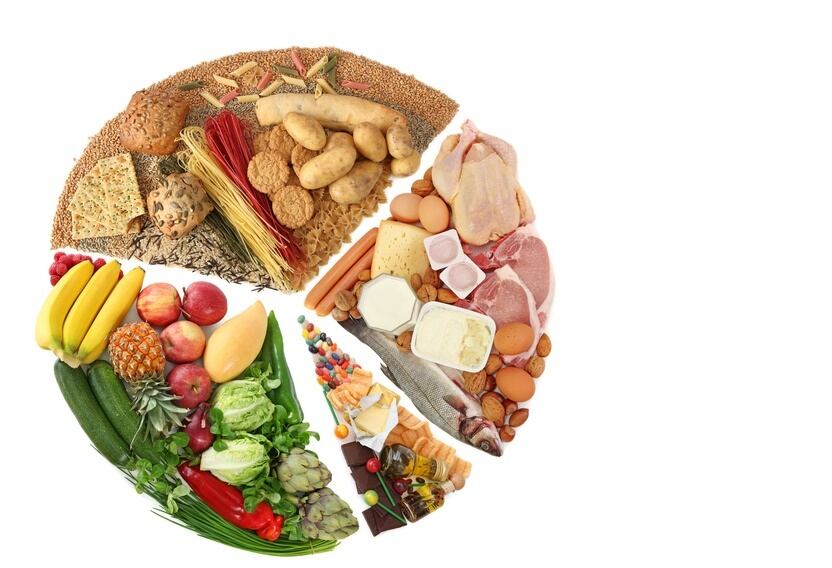
“It is evident we need to make some changes. We need more starchy carbs, fruit and vegetables… [and a] lower intake in other groups, especially foods that are high in fat and sugar,” the nutrition expert noted.
“Good nutrition is about more than calories,” she elaborated, advocating a diet that is higher in vegetables, whole grains, low fat dairy and legumes and lower in fatty meats, processed grains and salt. Government recommendations also back ‘moderate’ dairy and animal protein consumption, she added.
Nutrition and the 'protein transition'
Speaking at an event to promote the BNF’s Nutrition Bulletin Special Issue: Food reformulation and innovation, Buttress predicted that, if adaptations are made, they would deliver ‘health and sustainability benefits’.
According to data from the Carbon Trust, changes to our diet – including protein diversification – could result in a 32% reduction in the environmental footprint of food production, she noted.
Another study, published in journal Science, concluded that while meat and dairy provide 18% of calories and 37% of protein, animal agriculture uses 83% agricultural land and accounts for 60% of agriculture’s greenhouse gas emissions.
Arguments such as these have resulted in increasingly loud calls for the adoption of plant-based diets. Indeed, health and sustainability concerns have been credited with fuelling the plant-based boom that has seen sales soar throughout Europe. According to research firm Mintel, over half of adults in Britain now say they want to reduce their meat consumption.
However, Buttress was quick to stress that sweeping changes to our diet – especially a significant reduction in animal protein consumption – need to be made in the context of overall nutritional needs and intake.
Pointing to data that suggests teenagers in the UK have a lower intake of key micronutrients, such as iron, than ten years ago, Butress said the trend ‘signals a cause for concern’.
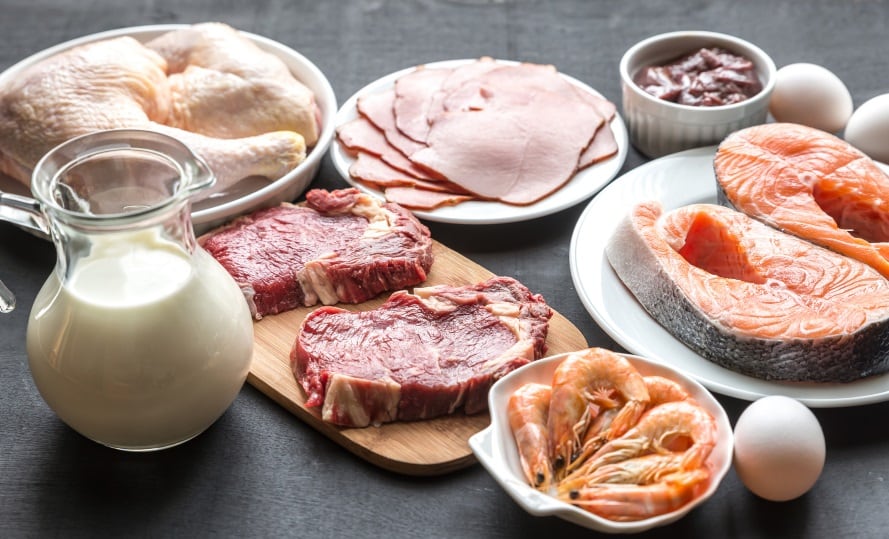
“The situation with regard to micronutrients is relevant in the context that animal derived foods are important sources of some of these micronutrients and forms of these vitamins and minerals that are well-absorbed by the body.”
One-quarter of our iron, more than 60% of our iodine and over 50% of the zinc and riboflavin in our diets currently comes from meat, dairy, eggs and fish.
“It’s really important that we understand the substitutions that people make in response to dietary advice. We have limited understanding of the actual changes people make… and whether the diets are better, worse or the same as a result. The potential for unintended adverse consequences if people are making the wrong decisions and in effect not ensuring that as they change their diet they maintain a good intake of all of the different vitamins, minerals and nutrients we need for health.
“This emphasises the importance of a holistic whole-diet approach to good nutrition, particularly in the context of efforts to maintain a healthy weight. It is important that as calorie intake is reduced, intake of essential micronutrients don’t fall in parallel as this has the potential to tip an already poor diet into a nutrient deficient diet.”
In this context, Buttress argued: “Developing and applying new innovation to improve nutrition has never been more important.”
Plant protein, the sustainable option?
Speaking at the BNF event, Dr Simon Loveday, Senior Scientist at AgResearch in New Zealand, claimed that the question of whether plant-based protein is ‘more sustainable’ is actually more complex than sometimes suggested.
“One of the questions people sometimes ask is: ‘Can’t we just replace all of the animal proteins with plant proteins?’ The answer is complicated because plant proteins and animal proteins tend to have quite different characteristics,” he noted.
On nutrition, Dr Loveday said that switching animal and plant protein is not a like-for-like swap. “Animal proteins tend to be complete in amino acids, they provide a good mix of essential amino acids, plant proteins tend to lack one or two of those amino acids,” he explained.
There are some important differences when it comes to the functionality of plant-based and animal-based ingredients, the food scientist continued. “Plant proteins are often difficult to dissolve. They tend to be very insoluble which makes it harder to use them in gels and foams.”
He also suggested that comparisons of the footprint of plant and animal proteins may fail to take some fundamental differences into account. “Plant proteins are often difficult to purify, so that isolate process is often difficult and expensive. And also resource intensive.”
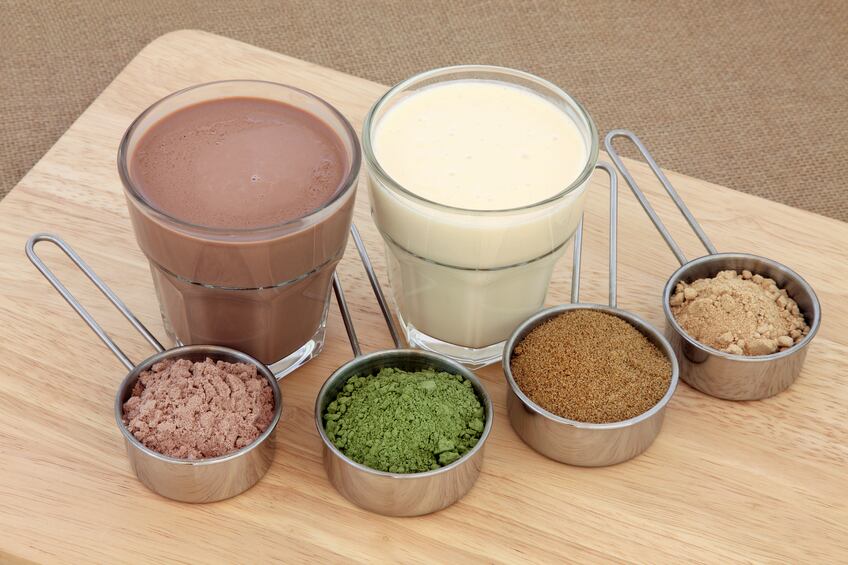
Taking a comparison of whey protein isolate and lupin protein isolate as an example, Dr Loveday said it takes 10kgs of water and zero hexane to produce 1kg of milk powder, which is about 34% protein. That equates to 30kg of water per kilogram of protein in the milk powder. Looking at lupin protein isolate, it takes 105kg of water and 25kg of hexane to produce 1kg of plant protein.
“This is a simplification – but I’m raising a question. We need to consider that resource use is much higher in the purification of plant proteins compared to animal proteins,” he argued.
Nevertheless, Dr Loveday said there have been some ‘exciting’ developments in the plant-based ingredient space that he expects to continue to drive innovation.
“Some of the criteria [for identifying new protein sources] that a protein has to meet in order to become a food ingredient – to transition from the lab to the industry – are: they need to be safe, legal, cost effective, and consistently high quality,” Dr Loveday noted.
“There are some pretty exciting proteins coming along… Sugar beet leaves, alfalfa leaves, algae, seaweed, lupins, pulses.”

